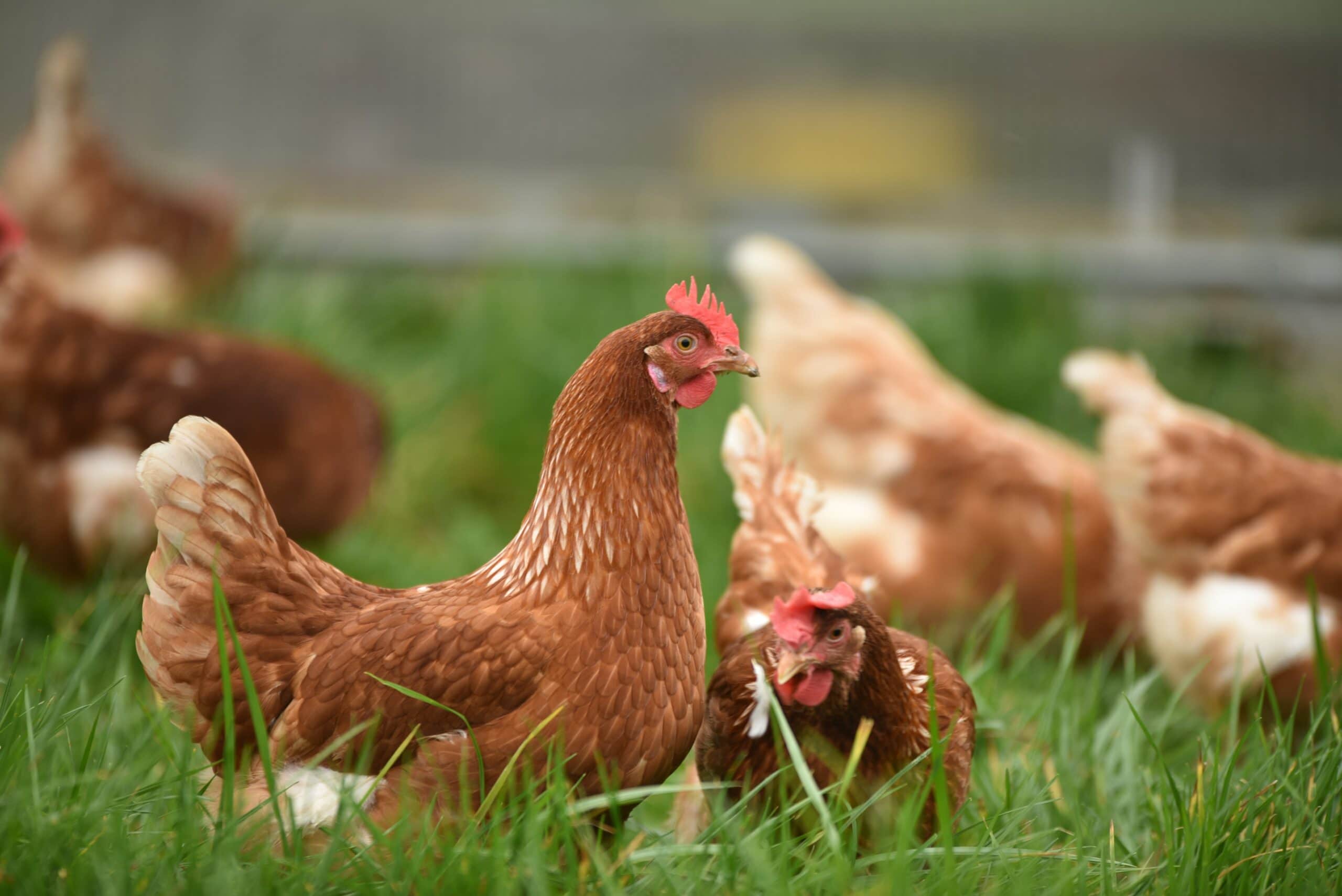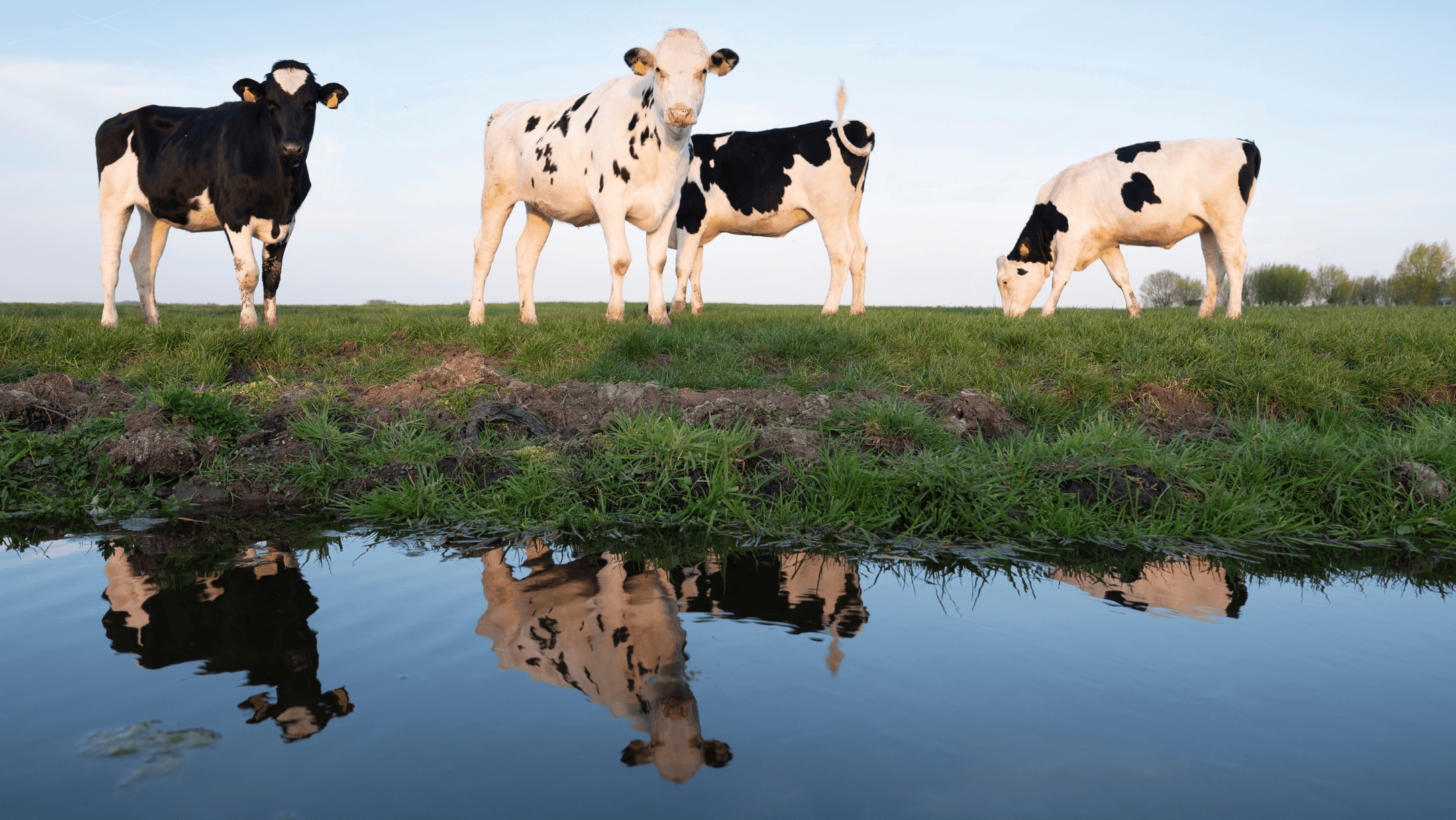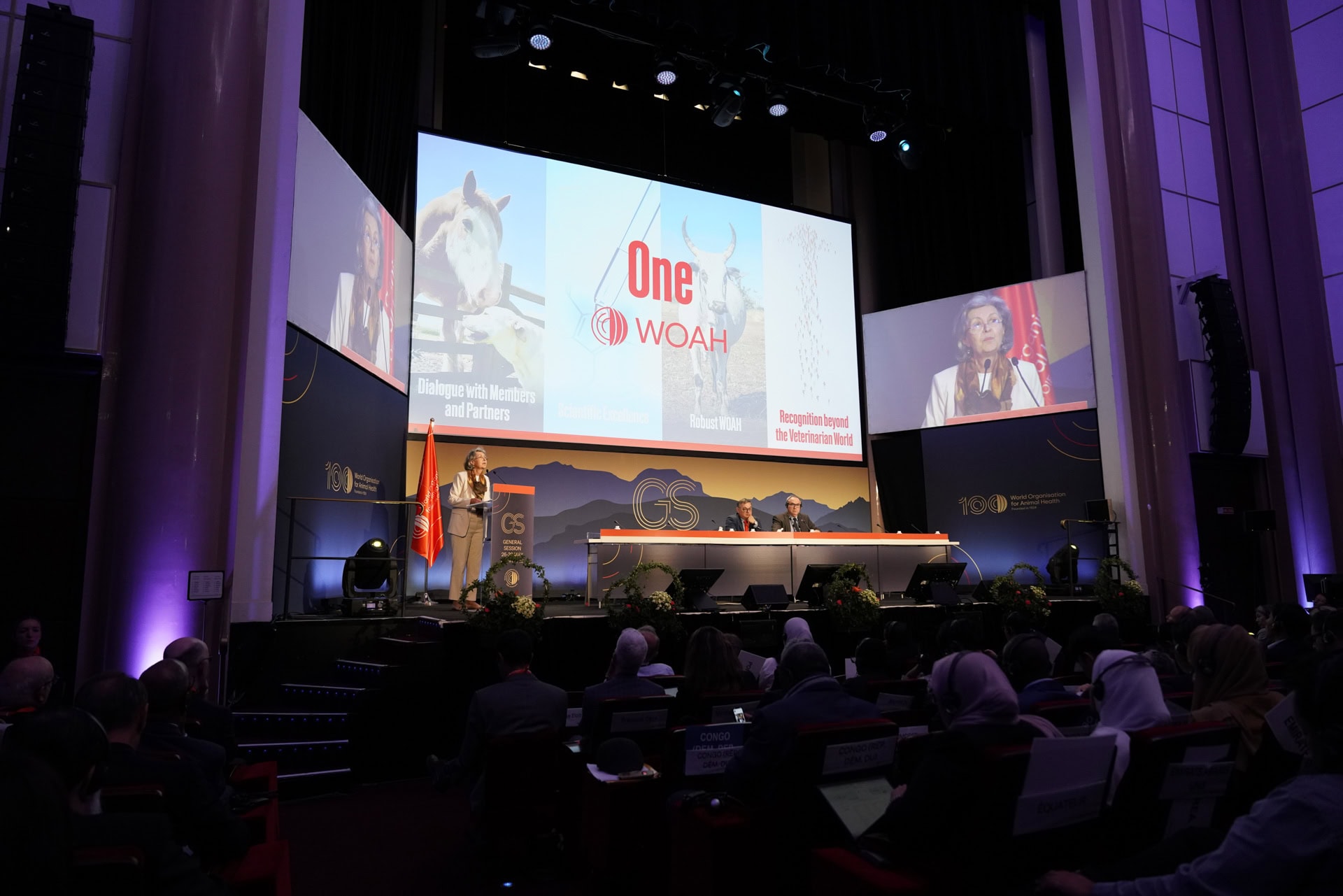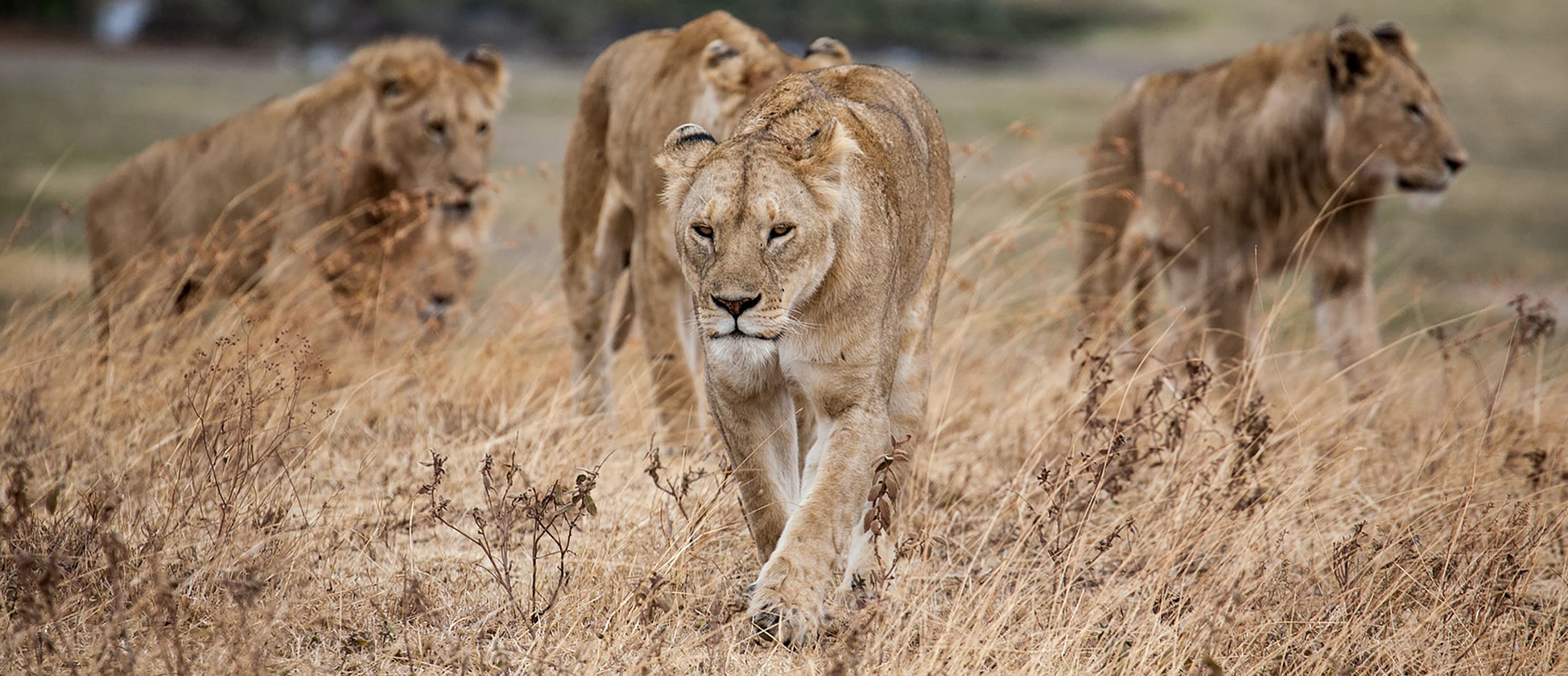In a collaborative effort with the chair of WFA’s Biodiversity Working Group, Born Free Foundation, and several leading conservation and animal protection organisations, we have put forth a comprehensive set of recommendations to the Secretariat of the Convention on Biological Diversity (CBD) to preserve global biodiversity and enhance animal welfare. Our set of proposals aims to address the gaps in existing policy guidance and promote a holistic approach to sustainable wildlife management.
A precautionary approach to wildlife use
Central to our recommendations is the call for a precautionary approach to wildlife use. We emphasise the importance of redefining the ‘sustainable use of wild species’ within the CBD framework. This refined definition would integrate economic, ecological, and animal welfare considerations with an awareness of the health risks stemming from wildlife exploitation. We urge the CBD to adopt a forward-looking, non-anthropocentric perspective that acknowledges our symbiotic relationship with the natural world, advocating for policies that mirror this interconnectedness.
Guidance to protect animal health and welfare
The welfare of individual wild animals is intrinsically linked to the overall health of ecosystems and human populations. Recognising this interconnectedness, we propose the adoption of a One Health approach in sustainable use and management initiatives. We urge the CBD to develop and provide the tools that facilitate the practical application of this approach, including guidelines to ensure the welfare of live animals involved in trade.
Guidance to tackle the unsustainable use of wild animals
The global wildlife trade, especially the market for exotic pets, in addition to its implications on the welfare of traded animals, also presents substantial challenges to the conservation of biodiversity. Despite the regulatory efforts of the Convention on International Trade in Endangered Species of Wild Fauna and Flora (CITES), numerous species exploited for the pet trade lack protection. We encourage the CBD to develop guidance aimed at reducing demand and promoting the development of a ‘Positive List’ system. This system would restrict pet ownership to species meeting strict criteria, ensuring individual welfare, population conservation, and health protection across human, animal, and environmental spheres.
Furthermore, our proposals include the development of guidance to cease trophy hunting practices, which historically have led to over-exploitation and offer negligible benefits to biodiversity conservation. Animals that are allowed to live their lives in healthy wildlife habitats provide enormous value to communities and economies by contributing to ‘ecosystem services’ such as carbon sequestration. CBD guidelines to bolster sustainable community livelihoods through non-consumptive activities would contribute to the implementation of the Kunming-Montreal Global Biodiversity Framework.
We are hopeful that these strategic interventions in wildlife management and conservation practices will pave the way for a sustainable coexistence between humans, animals, and nature, fostering a world where each can thrive in harmony. Read our full submission!





